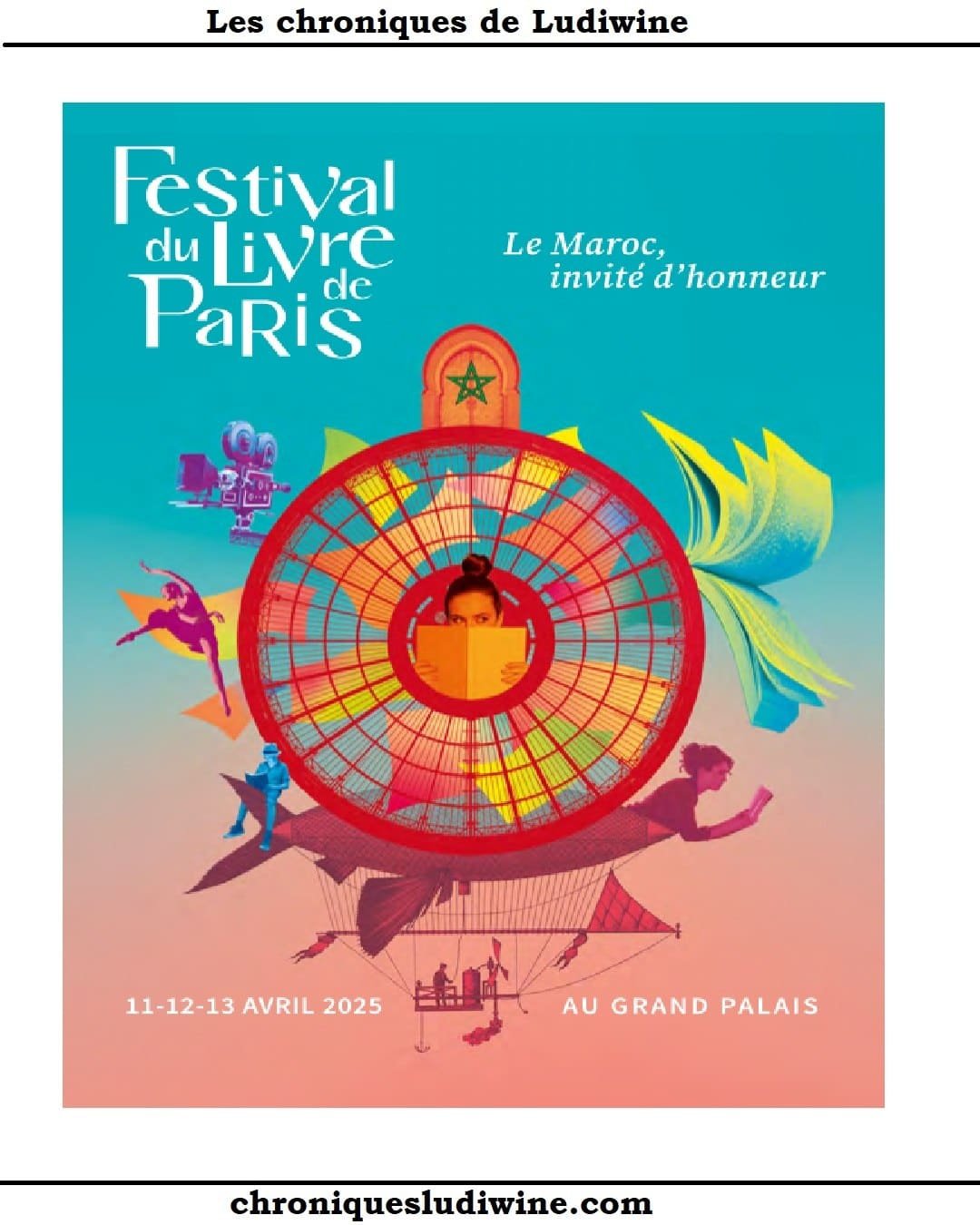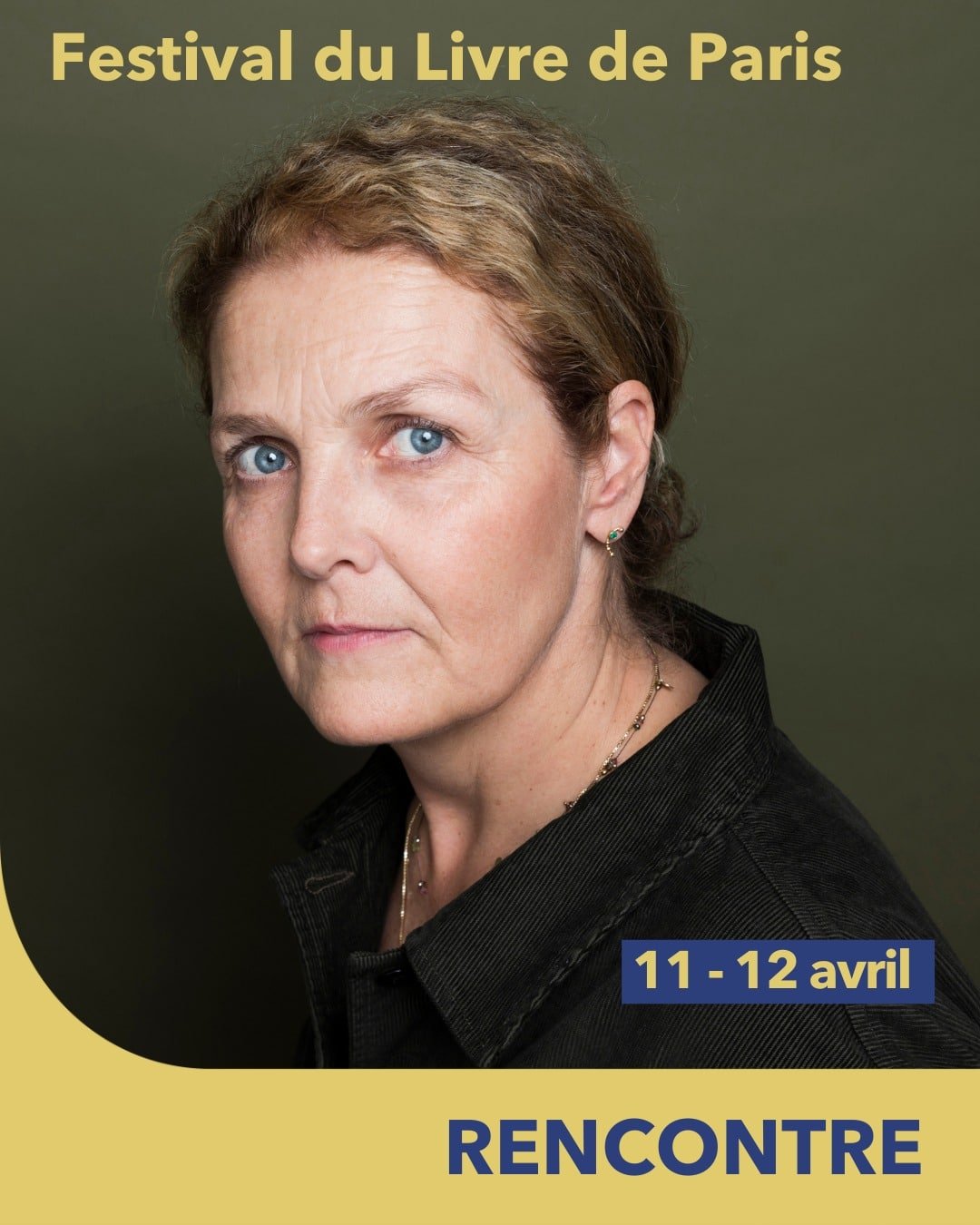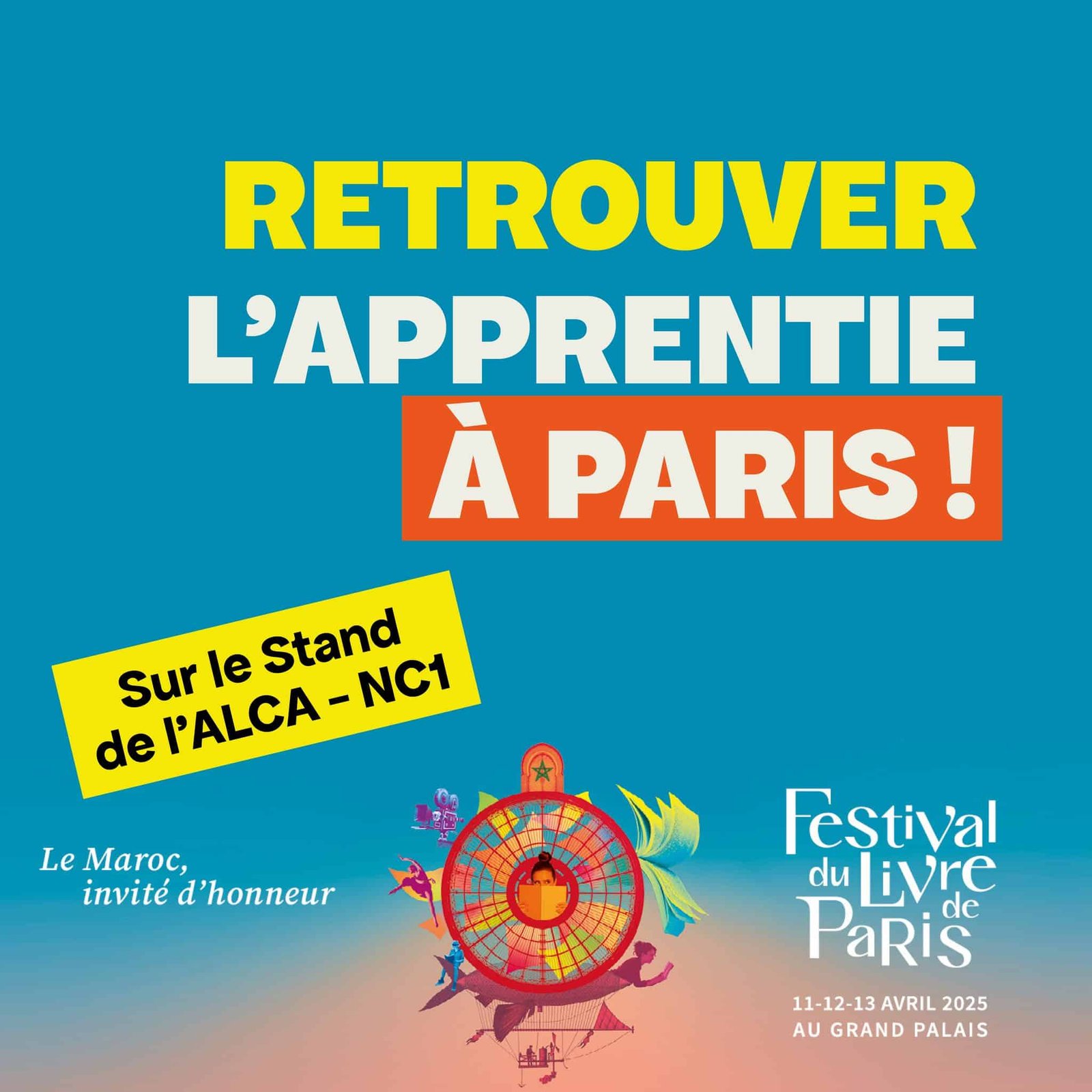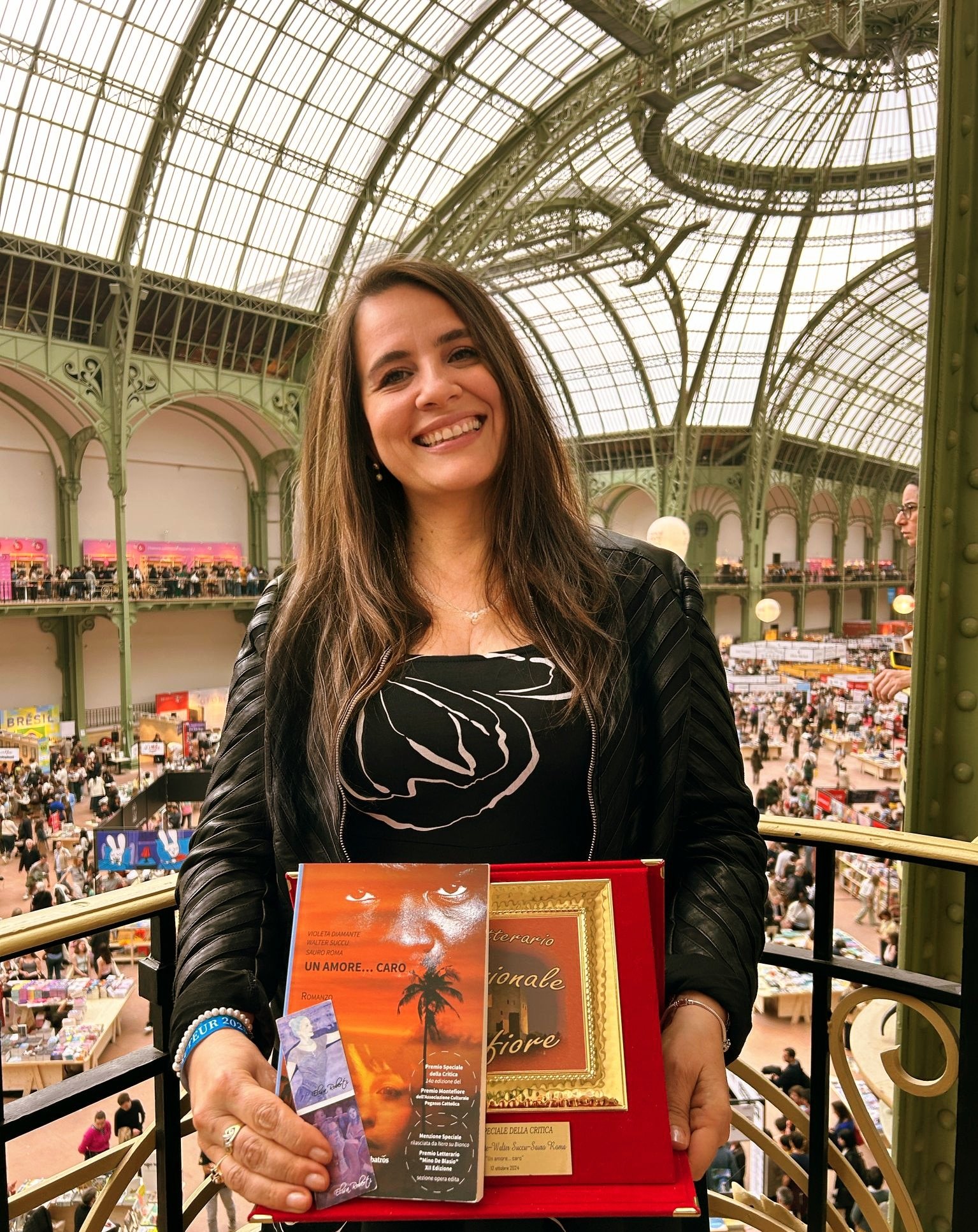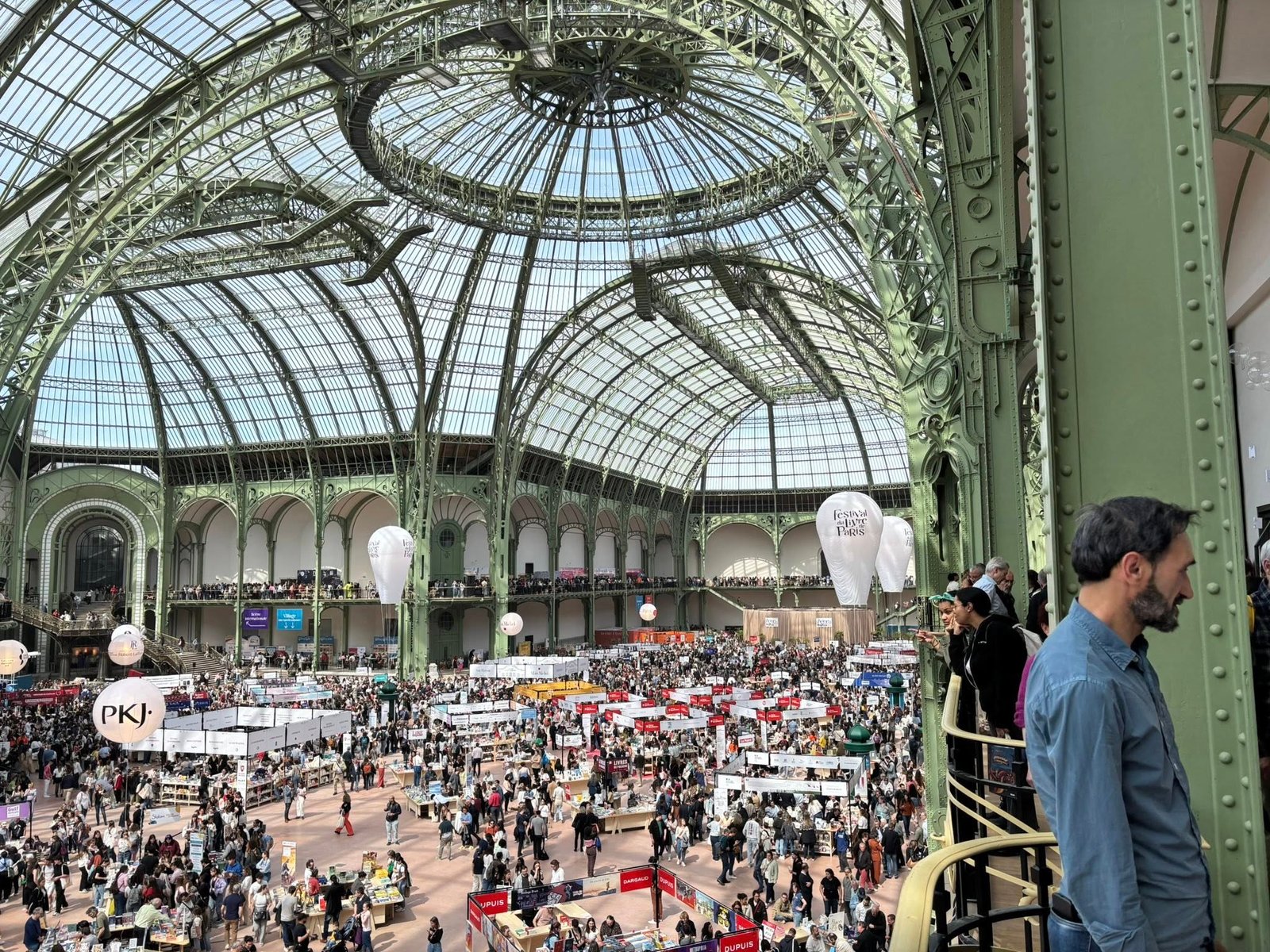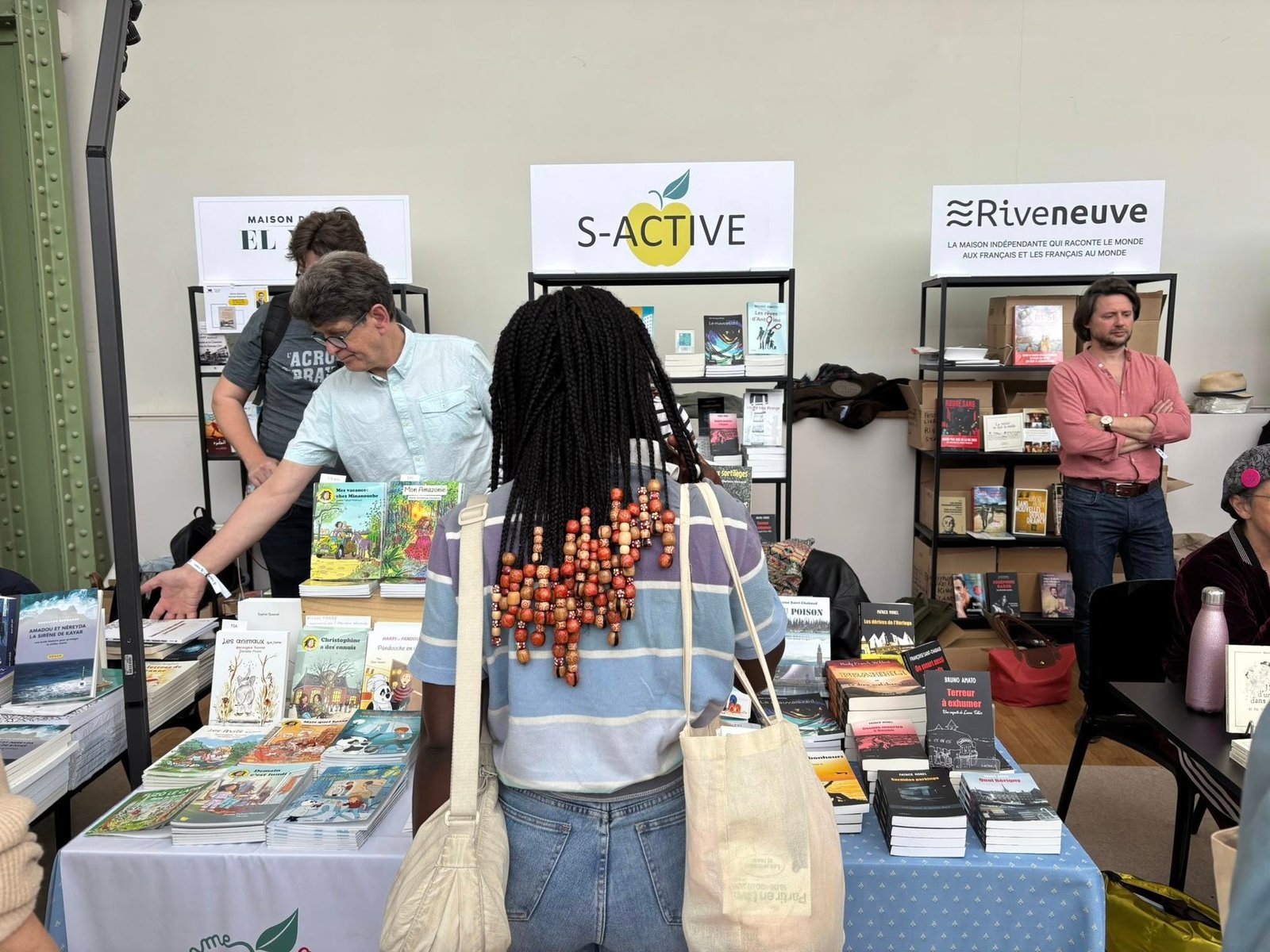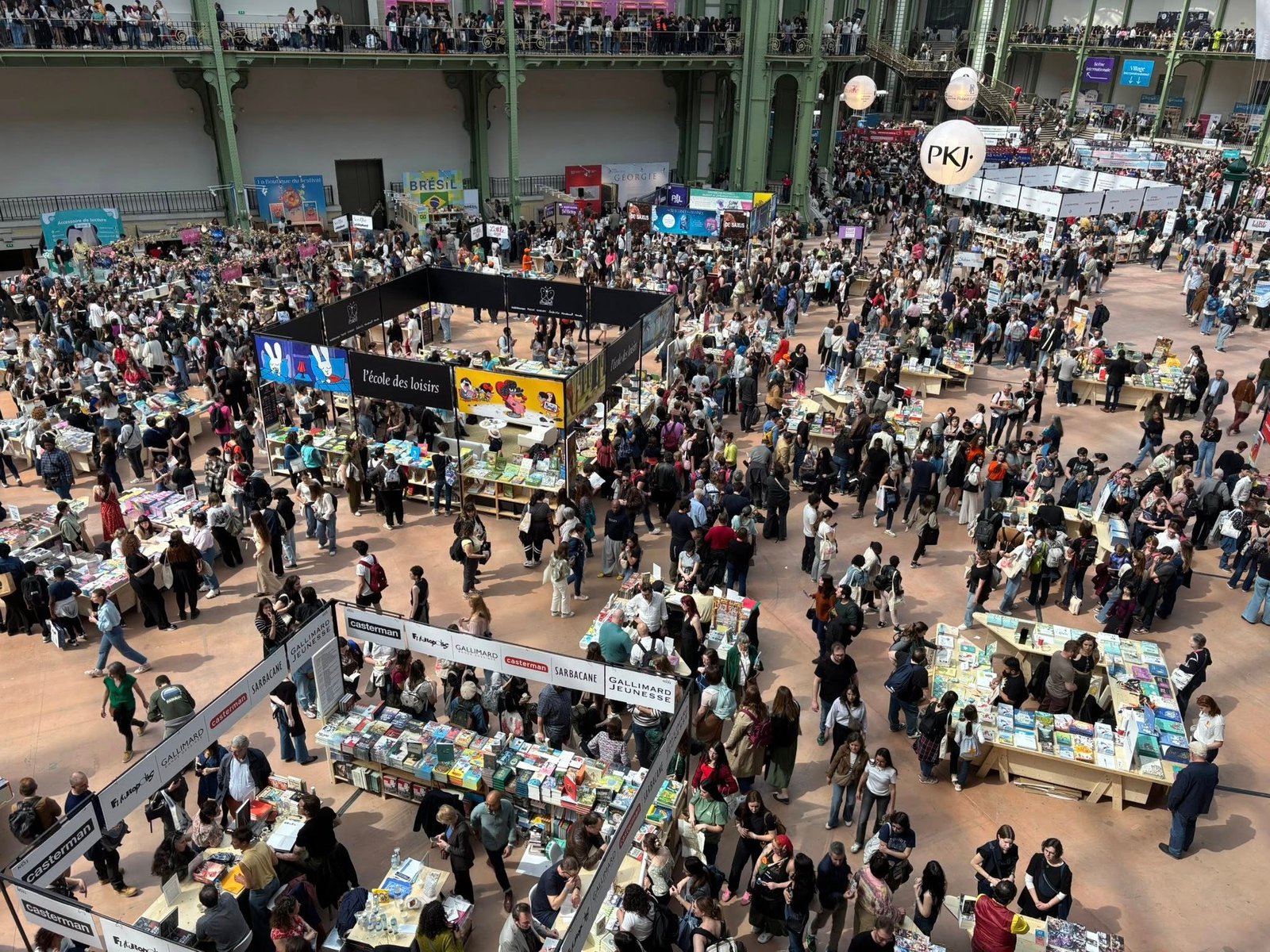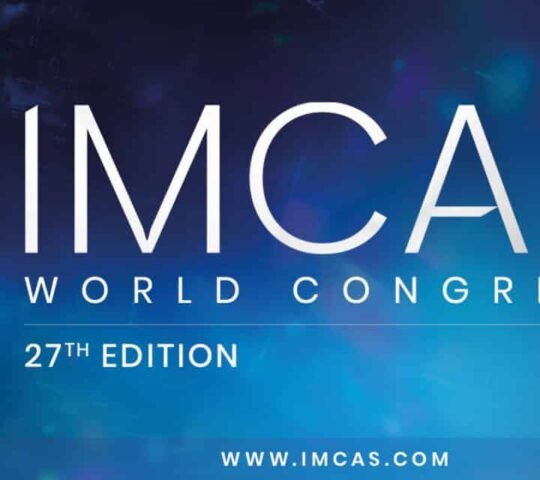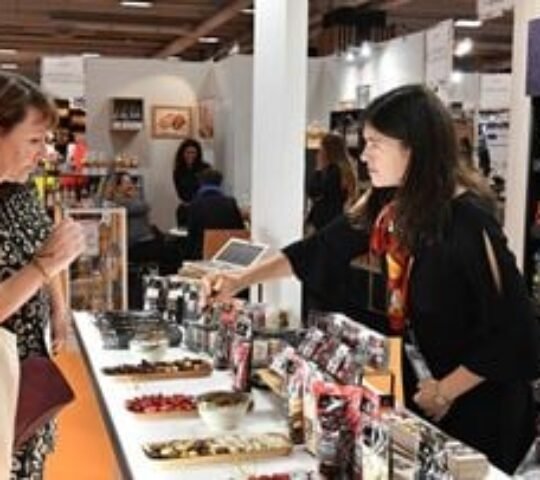Festival du Livre de Paris – France 2026
Background & History
The Festival du Livre de Paris, France’s premier literary celebration, emerged in 1981 as the Salon du Livre under the aegis of the Syndicat National de l’Édition (SNE), transforming Paris into a global literary hub where ink and ideas converge in a vibrant ode to the written word. Born to democratize access to books amid the 1980s cultural boom—spearheaded by Jack Lang’s Ministry of Culture—it drew 150,000 visitors in its debut at the Grand Palais, showcasing 500 publishers and fostering France’s bibliophile legacy, rooted in the Enlightenment salons of Diderot and Voltaire. By the 1990s, it had ballooned to 600,000 attendees, cementing its status as Europe’s largest book fair, with 1,200 publishers and 2,000 authors by 2010, generating €20-30 million annually for Paris’s economy (per Paris je t’aime data). Rebranded as the Festival du Livre de Paris in 2022 to emphasize its festive spirit, it relocated temporarily to the Palais Éphémère (2022-2024) during the Grand Palais’s renovation for the 2024 Olympics, returning triumphantly to the iconic glass-domed venue in 2025.
The festival has weathered challenges: the 2008 financial crisis slashed attendance by 15%, prompting free entry for under-25s, while 2020’s COVID cancellation birthed virtual author talks, reaching 1 million online. Its cultural weight endures through international guest honors—Québec in 2019, Morocco in 2025—amplifying global voices like Tahar Ben Jelloun and Leila Slimani, alongside French luminaries such as Amélie Nothomb and Michel Bussi. Socially, it counters digital-era disconnection, with 70% of attendees citing in-person author encounters as mental health boosts (SNE 2024 survey), while economically, it supports 1,400 publishers and 10,000 jobs. UNESCO ties since 2015, via France’s World Book Capital bids, underscore its role in literacy advocacy, with 2026’s edition (April 17–19) poised to celebrate Morocco’s literary tapestry and post-Olympic cultural momentum. The festival’s evolution—from 1981’s trade fair to a 45-year beacon of bibliodiversity—mirrors Paris’s literary soul: a living library where stories spark solidarity, inviting 600,000 to turn pages under the Grand Palais’s crystal canopy.
Event Highlights
- Main activities or performances: Over 1,000 authors—including luminaries like Tahar Ben Jelloun, Amélie Nothomb, and Virginie Despentes—engage in signings, panels, and readings across 10 themed stages (e.g., Grand Récit for novels, Scène Jeunesse for youth). Highlights include 300+ talks, from philosophical debates with André Comte-Sponville to graphic novel workshops with Zep, and interactive bookbinding demos. Morocco’s 2026 guest honor brings Amazigh poetry slams and calligraphy exhibitions, with 50+ Moroccan authors like Meryem Alaoui.
- Special traditions or features: The “Rencontres d’Auteurs” tradition since 1981 offers intimate signings (2 books max/day from personal collections), while the opening Friday hosts a literary gala with publishers like Gallimard and Actes Sud—2026’s gala may nod to Morocco’s oral storytelling. Free youth workshops (e.g., manga creation with Nicoby) and the “Librairie du Monde” pavilion showcase global translations, with 30% non-French titles per SNE stats.
- Unique attractions for visitors: The Scène BD (graphic novels) features live sketching by artists like David Prudhomme, while the “Bibliodiversité” stage amplifies marginalized voices—2026 may spotlight Amazigh and feminist narratives. Family-friendly zones offer storytelling tents for ages 3+, and digital check-ins unlock discounts on 100,000+ titles. AR apps via festivaldulivredeparis.fr overlay author bios on booths, blending tech with tradition.
Date & Duration
- Dates: April 17–19, 2026
- Duration: 3 days
- Daily Schedule: Friday, April 17: 8:30 AM–8:00 PM; Saturday, April 18: 8:30 AM–8:00 PM; Sunday, April 19: 9:00 AM–7:00 PM. Last entry 1 hour before closing; recommended visit 3 hours.
- Pre-event Milestones: Author lineup announced February 2026; ticket sales open March; volunteer applications January; Morocco program reveal March via site.
Visiting this event? Don’t miss out on these amazing activities and local experiences while you’re here.
Venue / Location
- City: Paris, France
- Main venue: Grand Palais, a 77,000m² Beaux-Arts icon with a glass nave, reopened post-2024 Olympic renovation—central literary cathedral since 1981.
- Notable areas: Grand Récit stage (main hall, novel panels); Scène Jeunesse (kids’ zone, storytelling); Librairie du Monde (global pavilion); BD zone (graphic novels, sketching). Flat marble floors, wheelchair-accessible; 10-min walk between 12 halls.
- Google Maps address: 7 Avenue Winston Churchill, 75008 Paris, France (coordinates: 48.866°N, 2.313°E; interactive map at festivaldulivredeparis.fr/plan).
Ticket Information
- How tickets are sold: Online reservation mandatory via festivaldulivredeparis.fr/billetterie; timed entry slots to manage flow; no on-site sales to reduce crowds.
- Admission: €5 ($5.50 USD) early bird until April 15, 2026 midnight; €9 ($10 USD) from April 16. Free for under-25s, teachers, librarians, booksellers, unemployed, disabled (with companion)—proof required; reservation still needed.
- Ticket pricing in USD: $5.50–$10 USD (€5–€9); free for eligible groups.
- Minimum ticket pricing: $0 USD (free categories); $5.50 USD (early bird).
- Maximum ticket pricing: $10 USD (standard post-April 15).
- Special seating or VIP options: Accessible platforms free for disabled; no reserved seating; VIP publisher receptions by invite (apply via contact@festivaldulivredeparis.fr); family storytelling zones with cushions.
Contact Information
- Email: contact@festivaldulivredeparis.fr (general, accessibility); press@festivaldulivredeparis.fr (media); partenaires@festivaldulivredeparis.fr (sponsorships).
- Phone: +33 1 47 56 64 36 (SNE office, Mon–Fri 9 AM–5 PM CEST; English/French).
- Website: https://www.festivaldulivredeparis.fr (programme, tickets, map); socials: @festivaldulivredeparis (Instagram, TikTok, Facebook, 50k+ followers).
- Key Staff: Director: Jean-Baptiste Passé (SNE); Morocco Guest Lead: TBD (contact via email).
- Press/Volunteers: Press kits via press@; 500+ volunteers (stewarding, book stalls) open January 2026 via site form.
- Note: Responses 24–48 hours; GDPR-compliant; accessibility queries prioritized.
Cultural Experience
The Festival du Livre de Paris weaves a literary tapestry that threads France’s 18th-century salon heritage—Voltaire’s quills sparking debate—into a modern agora where 1,000 authors and 600,000 readers converge under the Grand Palais’s crystalline vault. Morocco’s 2026 guest honor infuses Amazigh oral epics and Sufi poetry, with calligraphers inking live manuscripts beside Leila Slimani’s feminist prose—evoking the 1981 Salon’s globalist roots. Authors don no costumes, but attendees sport bohemian scarves and berets, a nod to Montmartre’s literary ghosts, while publishers’ booths, draped in Gallimard’s cream or Actes Sud’s ochre, mimic Enlightenment bookshops. Panels pulse with intellectual fervor: philosophical duels with André Comte-Sponville echo Diderot, while BD artists like Zep sketch live, reviving 1960s Angoulême vibrancy.
Enjoy Your Event Stress-Free with Euro Travelo
Planning a trip to attend a festival, concert, or business event in Europe can be overwhelming—tickets, travel, accommodation, and local logistics all take time and effort. Euro Travelo makes it simple by providing everything you need through one trusted company. You save time, avoid stress, and enjoy a seamless experience from start to finish.
Why Choose Euro Travelo:
- Secure and easy ticket booking for concerts, festivals, theaters, and business events.
- Complete travel planning including flights, trains, and local transportation.
- Accommodation arrangements near event venues, tailored to your needs.
- Convenient local transfers, from airport pickups to private shuttles.
- On-site concierge support to help you navigate venues and schedules.
- Custom itineraries and experience packages combining multiple events, tours, and activities.
- Secure payment process, making it safe and convenient to book all services online.
- Flexibility: even if you need only one service, we can assist individually.
Traditions endure: The “Rencontres d’Auteurs” (2-book signing limit) fosters intimacy, with 80% of visitors citing tactile book encounters as “therapeutic” (SNE 2024). Youth zones channel 19th-century chapbooks with manga workshops, engaging 100,000 under-18s, while the “Bibliodiversité” stage amplifies marginalized voices—2026’s Amazigh focus counters France’s 15% minority underrepresentation in publishing (CNL data). Local customs shine: Parisian café-style debates spill into Winston Churchill Avenue, with macaron breaks evoking Proust’s madeleines. Inclusivity binds: BSL-interpreted talks, braille programs, and sensory-friendly corners for neurodiverse draw 20% diverse attendees—countering digital isolation with ink’s embrace. As dusk gilds the glass nave, the festival transcends trade: a 45-year ode to stories as solidarity, where every page turned spins Paris’s literary soul forward.
Food & Drinks
The festival’s literary banquet fuels 600,000 bibliophiles with Parisian café flair, blending bistro classics with global nods to Morocco’s 2026 honor—pop-up stalls under the Grand Palais’s nave serving 3-hour browsing breaks. Croque-monsieur (€7–$7.70 USD, ham-cheese toasted on pain de mie, 1910s staple) pairs with cornichons for crisp tang, while vegetarian couscous (€10–$11 USD, semolina with harissa-spiked veg) honors Morocco’s souks—20% vegan options per SNE polls. Baguette sandwiches (€6–$6.60 USD, jambon-beurre or falafel) evoke Left Bank picnics, portable for author queues.
Desserts spark joy: Macarons (€4 USD/dozen, pistachio-rose from Ladurée) mirror Morocco’s almond ghriba, while tarte au citron (€5–$5.50 USD, zesty curd on buttery crust) nods to 1890s patisseries—sustainable packaging cuts waste 30% since 2020. Drinks flow: Café au lait (€4 USD, frothy espresso from Île-de-France roasters) fuels late panels, or mint tea (€3 USD, Moroccan-style with fresh leaves) refreshes—non-alcoholic for 40% youth. No alcohol per Grand Palais rules; halal/gluten-free stalls (e.g., chickpea tajine) cater to 15% diverse diets. This edible epilogue—served amid book stacks—narrates France’s culinary canon, each bite a stanza in Paris’s literary feast.
Getting There
The Festival du Livre’s intellectual pilgrimage draws 600,000 to the Grand Palais’s Champs-Élysées heart, a transport sonnet orchestrated for seamless access amid April’s spring bloom—leveraging RATP’s rhythm to ferry readers from global hubs to Winston Churchill’s nave. Central Paris converges: Gare du Nord (Eurostar from London 2.5 hrs, $100 USD, then Metro 9 to Franklin D. Roosevelt, $2.20 USD) or Montparnasse (TGV from Bordeaux 2 hrs, $80 USD, Metro 13 to Champs-Élysées-Clemenceau). Airports align: Charles de Gaulle (CDG, 30 min RER B to Invalides, $15 USD, multilingual apps) or Orly (20 min Orlyval+RER C to Invalides, $12 USD).
Public transport sings: Metro Lines 1/8/9/13 to Franklin D. Roosevelt/Champs-Élysées-Clemenceau/Invalides (from Châtelet 10 min, $2.20 USD, step-free 90%); RER C to Invalides (5 min from Austerlitz); buses 28/42/52/63/72/73/80/83/93 skirt the Seine. Vélib’ bikes ($5 USD/day, Station 8029 at Franklin D. Roosevelt) glide 1km from Concorde; Batobus ferries (€5 USD, Champs-Élysées stop) add river romance. Walking unveils Haussmann’s grandeur: 1km from Louvre via Tuileries. Driving? Rond-point des Champs-Élysées parking ($20–$30 USD/day, 5-min walk)—€17.50 congestion charge deters; carshare via Getaround ($0.50/min).
Regional riffs: TER from Chartres (1 hr to Montparnasse, $15 USD) for literary day-trippers. Accessibility shines: Free companions on RATP; braille maps; step-free Grand Palais for 15% disabled. Pro tips: Book Metro passes early; arrive pre-8:30 AM for quieter entry; festival app reroutes dodge 10 AM peaks—transit as prelude to Paris’s page-turning pulse.
Accommodation Options
The festival’s literary lure demands havens that cradle bookish dreams, from Haussmannian hôtels particuliers echoing 18th-century salons to sleek lofts overlooking Champs-Élysées lights—sited for 600,000 readers’ seamless repose in the 8th arrondissement. Franklin D. Roosevelt’s nexus, Hôtel Le Collectionneur ($260–$390 USD/night), a 1920s Art Deco gem with leather-bound libraries and macaron breakfasts, fronts the Grand Palais—festival bundles include author talk passes ($20 USD). For opulence, Shangri-La Paris ($650–$975 USD/night, 1km), a prince’s palace with Seine-view terraces and Michelin-starred croissants, shuttles to the nave ($10 USD)—literary turndown with Moroccan poetry chapbooks.
Mid-range muses: Hôtel de Berri ($156–$234 USD/night, Champs-Élysées), a 19th-century mansion with velvet nooks and espresso bars, 0.5km walk—sustainable linens tie to eco-panels. Budget bibliophiles: Hôtel du Printemps ($78–$104 USD/night, Invalides edge), a cozy 1920s inn with bookswap shelves, Metro 13 (5 min). Boutique brilliance: Hôtel Alfred Sommier ($195–$260 USD/night, Madeleine), a banking heir’s home with courtyard readings—0.3km to entrance, evoking Voltaire’s salons.
Regional retreats: Versailles’ Le Louis ($130–$195 USD/night, 20km), a royal annex with RER C to Invalides (30 min, $5 USD), offers literary picnics. Airbnbs flourish: 8th arrondissement lofts ($91–$130 USD/night for 4) with Proustian armchairs—book via booking.com for 10,000+ options, prioritizing 75008 postcode for 5-min strolls; festival packages ($260–$390 USD, stay + ticket) via parisjetaime.com weave rest into the reader’s rapture.
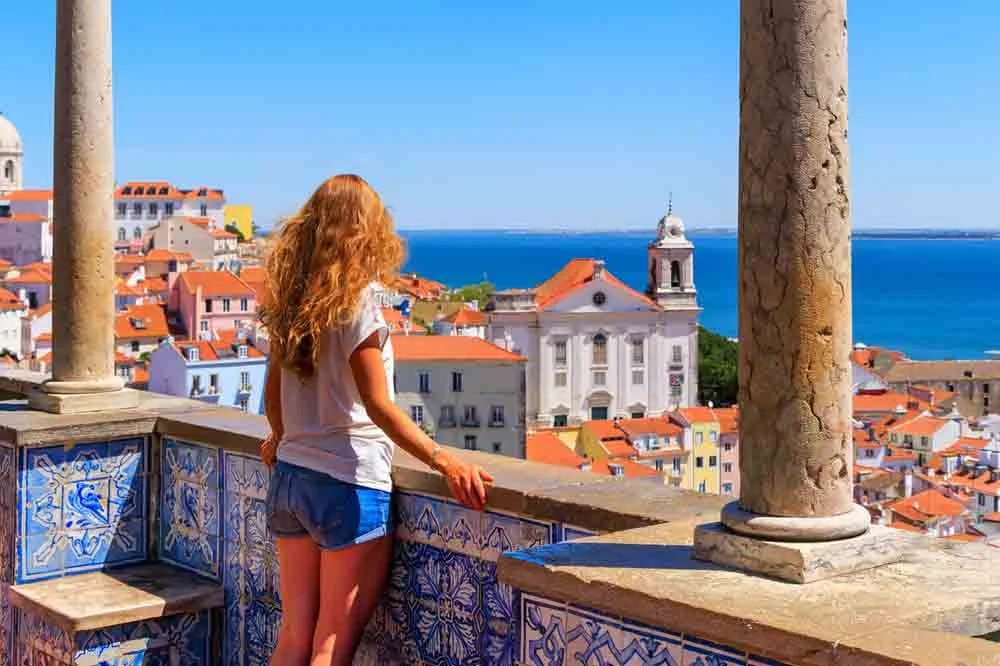
Attention!
We offer complete packages including Event Tickets, Accommodation, Transportation & more — so you don’t have to worry about anything.
Contact Us →Before you go, check these helpful travel products:
Maps
Contact
Video
FAQ's
What is the Festival du Livre de Paris 2026, and who’s the guest of honor?
France’s largest book fair since 1981, hosting 1,000+ authors and 1,200 publishers over April 17–19, 2026 at the Grand Palais; Morocco is the guest, spotlighting authors like Tahar Ben Jelloun and Amazigh storytelling—celebrating bibliodiversity post-2024 Olympics.
How much are tickets, and who gets free entry?
€5 ($5.50 USD) early bird until April 15 midnight; €9 ($10 USD) after. Free for under-25s, teachers, librarians, booksellers, unemployed, disabled (with companion)—online reservation mandatory via festivaldulivredeparis.fr; non-refunded/exchangeable.
Is it family-friendly, and what activities for kids?
Very—free for under-18s, with Scène Jeunesse’s storytelling tents, manga workshops, and puppet shows (ages 3+, engaging 100,000 kids); flat Grand Palais aids strollers; sensory-friendly zones; arrive 9 AM Sunday for lighter crowds.
What accessibility features support disabled visitors?
Fully accessible: Step-free Grand Palais, BSL talks, braille programs, companion passes; audio-described apps via site; priority queuing—email contact@ for plans; 20% diverse attendees, with volunteer stewards.
Can I bring books for signing, and what’s limited?
Yes, max 2 personal books/day for signings (per author respect); no animals, scooters, large bags (A3 max, no cloakroom). Share #FLP2026 photos; volunteer (500+ roles, January sign-up) or sponsor via partenaires@—boosts €20-30M economy.

